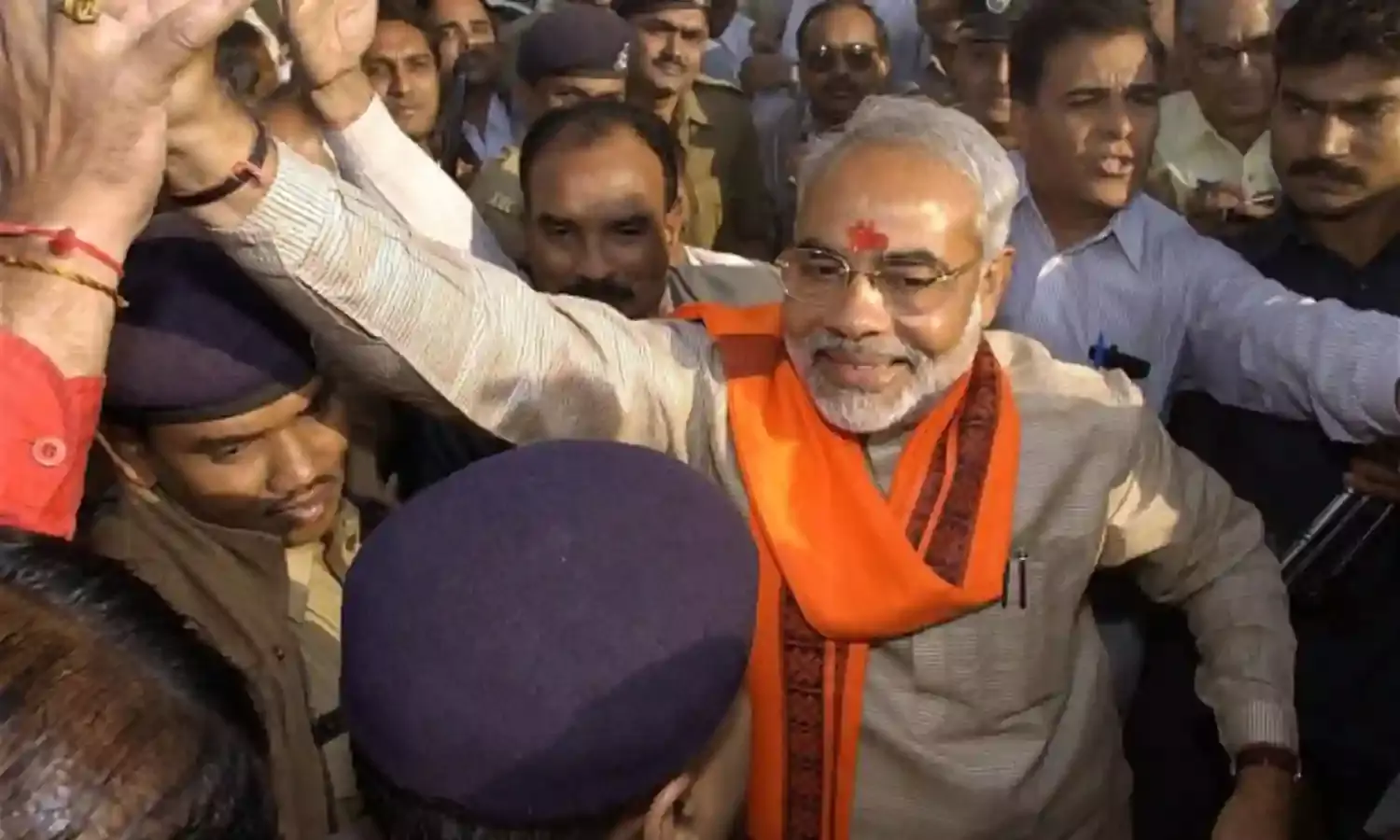What I Saw at the Nanavati Commission Hearings
‘We expected this outcome and had prepared the victims for the same’
“No one will ever come to know the complete truth of Godhra and what followed,” is what Mukul Sinha, the lawyer who made an unparalleled contribution to bringing facts about the 2002 Gujarat violence into the public domain, told this reporter sometime in 2006.
Perhaps he could perceive what was to come. Sinha’s words stand true as the Justice GT Nanavati Commission’s second report was tabled in the Gujarat assembly on Wednesday, almost 17 years after its appointment.
The event was overshadowed by developments across the country in response to Parliament’s passing controversial amendments to the Citizenship Act.
The findings of the Nanavati Commission exonerating the Gujarat government led by Narendra Modi of various charges have not come as a surprise to many. Even Sinha would have not been surprised had he been alive.
As someone who spent nearly five years attending its hearings, I can say that the commission and controversy went hand in hand right from the day it was set up.
It was announced in March 2002 as a one-man probe panel to be headed by Justice KG Shah formerly of the Gujarat High Court.
But Justice Shah’s appointment led to a furore as he was seen as close to the ruling dispensation. There was an outcry from human rights activists and those representing the victims and survivors of the violence.
The call was made for an ‘independent’ head, and a couple of months later the commission was reconstituted with Justice Nanavati as chairman and Justice Shah as the other member. The latter died in 2008 and was replaced by Justice Akshay Mehta.
Justice Mehta’s appointment too came as a surprise, as his name had figured in a sting operation with regard to granting bail to Babu Bajrangi, the main accused in the Naroda Patiya massacre. It was a charge that he refuted. But the appointment did make headlines for some days.
In its first report tabled in 2008 the commission said that the Godhra train burning was a premeditated crime.
It was only in 2004, after the first UPA government came to power at the centre, that the scope of the Nanavati Commission was expanded to investigate the role and conduct of Modi and his council of ministers, besides police officials, other individuals and organisations during the violence.
Earlier it was only looking into the circumstances that led to the burning of coach S-6 of the Sabarmati Express and the subsequent communal violence.
Mukul Sinha was of the view that this was done to pre-empt the centre from constituting another commission to investigate the Gujarat violence, which could have covered these aspects separately.
When Sinha said the truth of Godhra would never come out, I asked him about the purpose of his team and the survivors attending the depositions.
“This is the only way we can bring out facts on record, no matter what the commission says in its report or recommendations,” he said.
And he did manage to put several facts straight, whether it was the actual number of those killed in the Naroda Patiya and Gulberg Society massacres, or the administrative failure in saving the lives of innocents, or who allowed the charred bodies of karsevaks killed in the Sabarmati Express to be brought to Ahmedabad and paraded through the city streets.
“The poor people who had let go their daily wage earnings in order to depose before the commission, thinking it may help in their quest for justice, will definitely not be happy with the report. The report focuses on exonerating but not fixing accountability,” pointed out an observer who has been recording developments in the issue for almost two decades.
“We expected this outcome and had prepared the victims for the same. This ten-volume report means nothing to the victims. They are convinced that even if the commission had put the onus on someone, there would have been no action. They are of the view that they would rather burn the report,” said advocate Shamshad Pathan, an associate of Mukul Sinha’s who had been a regular face at the hearings.
One of the depositions was that of Zakia Jafri, the aged widow of former Congress MP Ehsan Jafri who was brutally killed in the Gulberg Society massacre. On that day the place of deposition was shifted to the Ahmedabad Circuit House.
Just as journalists started taking soundbites from her in a small adjoining room after her emotion-laden deposition, Babu Bajrangi and his accomplices stormed into the room, threatening the media persons and daring them to take the bites in their presence.
They did not allow Jafri to speak, and created a scene by banging on her car and hurling threats at the journalists. Somehow, on an impulse I had recorded an interview with her the previous night, at a place in the Shahpur locality.
The Nanavati Commission’s ten-volume report was submitted in 2014 but was only tabled last Wednesday. It runs to 2,724 pages and says that the violence that followed Godhra train burning was ‘not organized’.
It rejects the accounts of the three ‘whistleblower’ police officers RB Sreekumar, Sanjiv Bhatt, and Rahul Sharma.
Besides laying down the facts, Sreekumar left everyone zapped with his knowledge of Hindu religious texts during his deposition where he quoted at length from Mahabharata to drive home his point.
Sharma had told the commission how, while appreciating his decision to open fire on a rioting mob to save children at a madarsa, he was told that the ratio of those killed was ‘wrong’ as the number of Hindu rioters killed was more than Muslims.
The commission’s report puts the number of those killed in the post-Godhra violence at 1,025. This includes 189 people killed in police firing to quell the violence.





